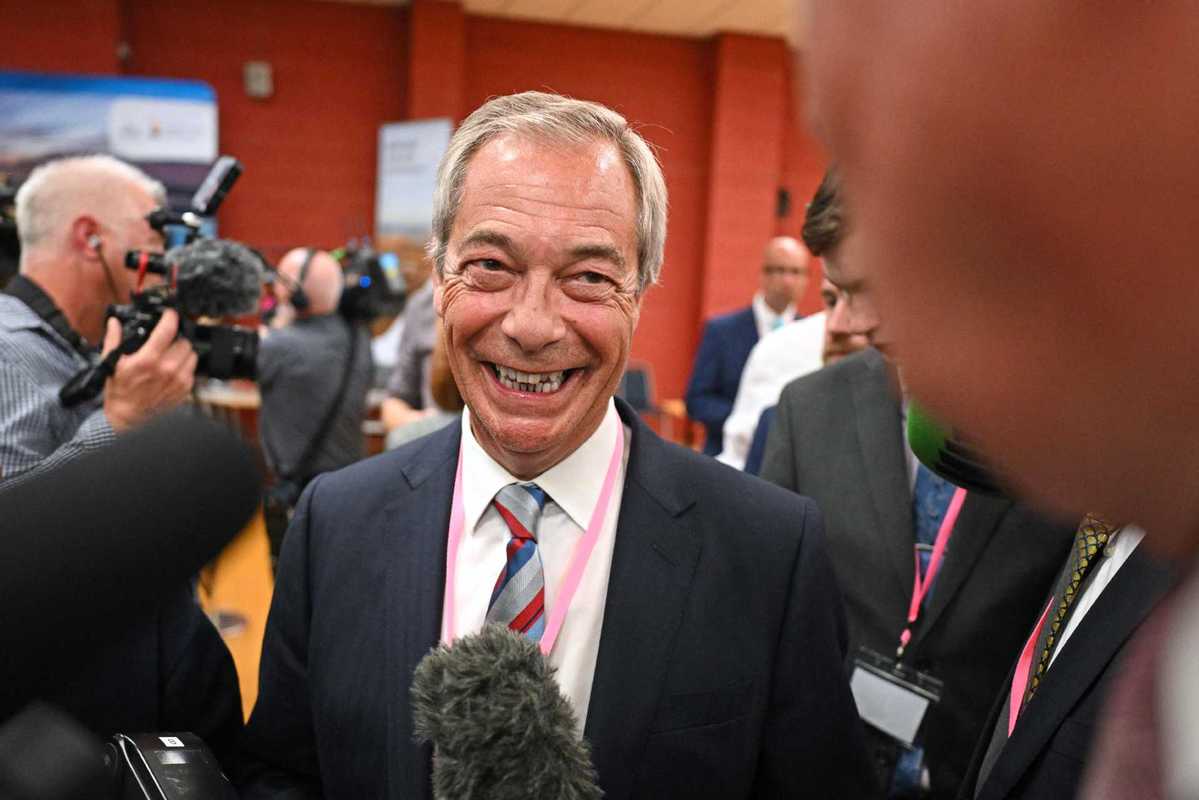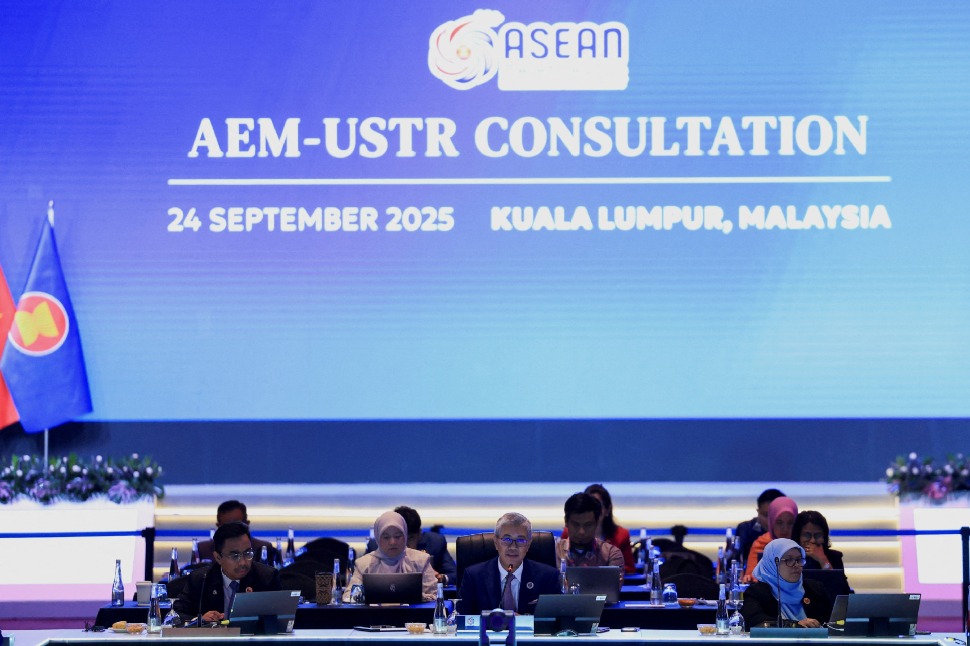Reform UK surges in local elections, undermining Conservatives, Labour dominance


LONDON -- Reform UK, led by Euroskeptic right-wing politician Nigel Farage, achieved significant breakthroughs, winning multiple council and mayoral contests in traditional Labour strongholds.
A total of 23 councils, six mayoralties, and one parliamentary by-election were contested in Thursday's elections, with results emerging throughout Friday. Reform UK secured over 670 council seats, two mayoral victories and a parliamentary by-election win.
The Liberal Democrats also got positive results, with the gain of over 160 councilor seats. In contrast, the Conservatives suffered a net loss of over 670 seats, and Labour lost over 180.
The victories mark a serious challenge to Britain's long-standing two-party political system.
The elections were Prime Minister Keir Starmer's first major electoral test since leading Labour to a landslide victory in the July 2024 general election. Starmer admitted the results were "disappointing," saying Labour would "reflect on the outcome" and "go further than we've gone so far."
Professor Iain Begg from the London School of Economics and Political Science (LSE) told Xinhua, "The results reflect an electorate that's rather unsure of itself."
Reform UK won the Runcorn and Helsby by-election with a mere six votes, producing one of the narrowest margins in British parliamentary history after votes were counted and recounted early Friday. The contest was triggered after the sitting Labour Member of Parliament Mike Amesbury resigned, having pleaded guilty to assault for punching a constituent in the street.
"We're in a rather febrile period of British politics," said Begg.
Professor Stuart Wilks-Heeg, a political expert at the University of Liverpool, commented, "Under our system, you only need one more vote than your nearest rival to win."
"The Runcorn by-election should have been a safe Labour seat. Labour secured over 50 percent of the vote at the general election, so this represents a clear loss of support for Labour in their own backyard," Wilks-Heeg said.
Experts agreed the by-election results could signal a more volatile political landscape ahead, noting that Reform UK's future hinges heavily on Farage's leadership.
"Without Nigel Farage, Reform UK would be nowhere near the level they are now," said Wilks-Heeg.
However, analysts cautioned against reading too much into local election turnout, noting it may not fully reflect national sentiment.
"It's not unusual for an incumbent government to be punished in its first electoral test," Begg of the LSE said. "Let's not forget Labour's been in office for less than a year and has already faced significant challenges."
Wilks-Heeg dismissed suggestions that the Conservative Party is doomed despite its poor showing. "Right now, there aren't really any large parties. No party can convincingly command more than about a third of the vote," he said.
"Other parties, like the Greens and Liberal Democrats, are also performing strongly, particularly in southern England. We're seeing fragmentation of support across parties," he added.
Begg of the LSE noted historical parallels: "Forty years ago, the Social Democratic Party came close to power. But the first-past-the-post system made it very difficult for a new party to break through."
Now that Reform UK controls several councils and a mayoralty, it faces the challenge of proving itself in government. "Their actions in office will start to form their record -- that's the trap of being in power," Begg warned.
He also questioned whether Britain is experiencing the same populist surge elsewhere in Europe. "In France, which also uses a variant of first-past-the-post, populists haven't come close enough to power to be credible," he said.
Wilks-Heeg noted that for the first time, Reform UK is not just in opposition but running local governments. "Whether they have an agenda suitable for governing remains to be seen," he said.
Professor John Bryson from the University of Birmingham said British politics is transforming.
"Local elections have become entangled with national politics, with voters casting ballots not based on local issues or candidate merit, but national party allegiance," he said.
"An important shift is happening in Labour and the Conservatives. In the past, working-class voters backed Labour and middle-class voters backed the Conservatives. Those associations no longer hold," said Bryson.

































